FDA Finds No Evidence Linking GLP-1 Weight-Loss Drugs to Suicidal Thoughts
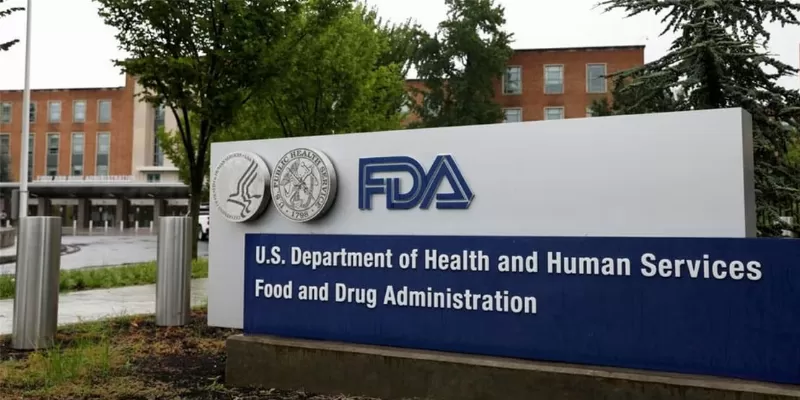
11 January 2024
The FDA has announced that no direct evidence has been found linking GLP-1 group diabetes and weight loss drugs, such as Ozempic and Wegovy, to suicidal thoughts in patients. Recognizing the influence of external factors and limited data, the ongoing investigation advises patients to consult healthcare professionals before changing medications and to report any psychological changes.
This conclusion follows detailed reviews of the US Food and Drug Administration (FDA) Adverse Event Reporting System, acknowledging that limited information and external factors make it challenging to establish a clear relationship. As the investigation continues, the FDA advises patients to consult healthcare professionals before altering their medication regimen and to report any psychological changes. European regulators are also conducting parallel inquiries into these potential connections.
FDA has recently been at the forefront of a significant medical inquiry, delving into the safety of a popular class of medications known as glucagon-like peptide-1 receptor agonists (GLP-1 RAs). These drugs, which include widely known names like Ozempic, Mounjaro, Wegovy, and Zepbound, are principally prescribed for managing type 2 diabetes and aiding weight loss.
The Concern: Suicidal Thoughts Linked to GLP-1
For some time, there has been speculation and a wave of concern within the medical community and among patients about reports of suicidal thoughts and actions among users of these medications.
The FDA's involvement arises from its responsibility to ensure the safety and efficacy of drugs. This scrutiny follows the accumulation of case reports in the FDA Adverse Event Reporting System (FAERS), suggesting a potential connection between GLP-1 RAs and an increased risk of suicidal ideation.
FDA’s Preliminary Evaluation: No Clear Causal Link
In its preliminary assessment, the FDA has not identified a direct causal relationship between GLP-1 RAs and suicidal thoughts or actions. This conclusion is based on a thorough review of clinical trial data and observational studies.
The complexity of this issue is evident, given the multifaceted nature of mental health and the numerous variables that could influence a patient's psychological state. The occurrence of suicidal thoughts or actions in both the drug and placebo groups in clinical trials further complicates the analysis.
Ongoing Investigations and European Perspectives
It's noteworthy that this concern isn't restricted to the U.S. alone. European regulators are also currently investigating this potential link. Their approach, similar to the FDA's, involves a meticulous examination of the data, emphasizing the need for a cautious and comprehensive evaluation before drawing any conclusions.
Caution for Patients and Healthcare Providers
The FDA's stance remains clear and patient-centric. Patients are advised not to discontinue their medication without consulting healthcare professionals. Additionally, any emergence of depression, suicidal thoughts, or unusual changes in behavior should prompt immediate medical attention. Healthcare providers are urged to be vigilant, monitoring patients for any psychological side-effects and consulting prescribing information for guidance.
FDA Warning:
FDA Warning: We encourage health care professionals and patients to report side effects involving GLP-1 RAs or other medicines to the FDA MedWatch program, using the information in the “Contact FDA” box at the bottom of the page. Health care professionals, patients, and consumers can sign up for email alerts (https://public.govdelivery.com/accounts/USFDA/subscriber/new) about Drug Safety Communications on medicines or medical specialties of interest to you.


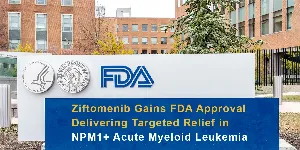


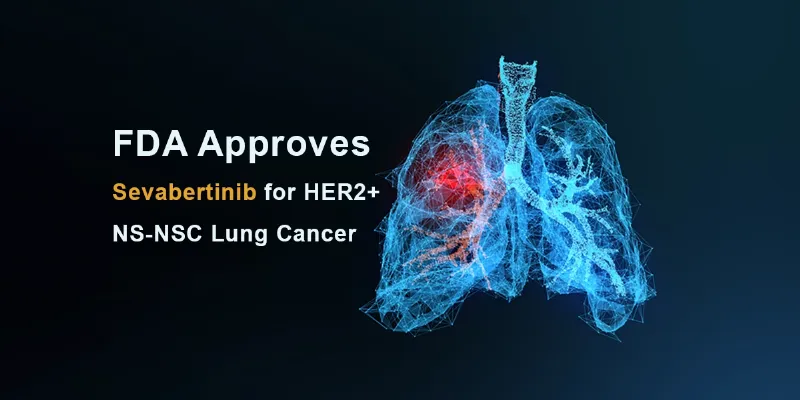
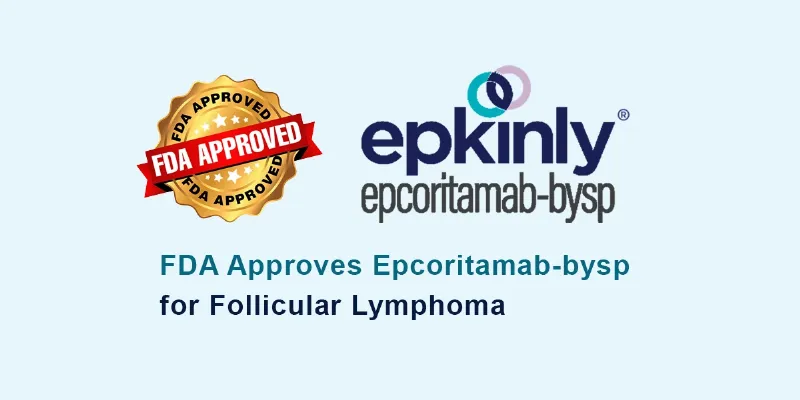
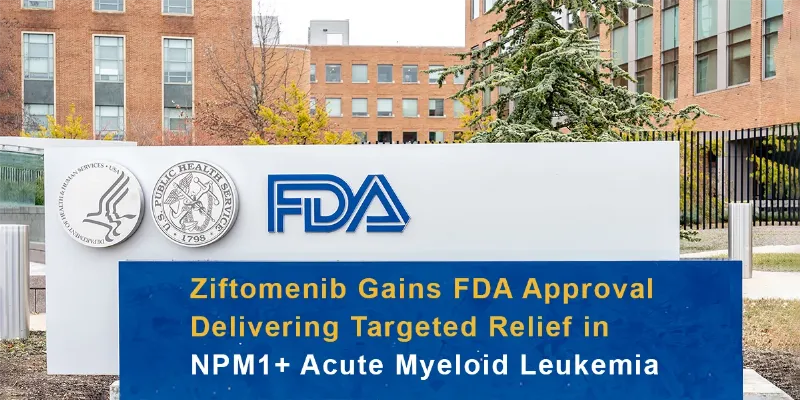

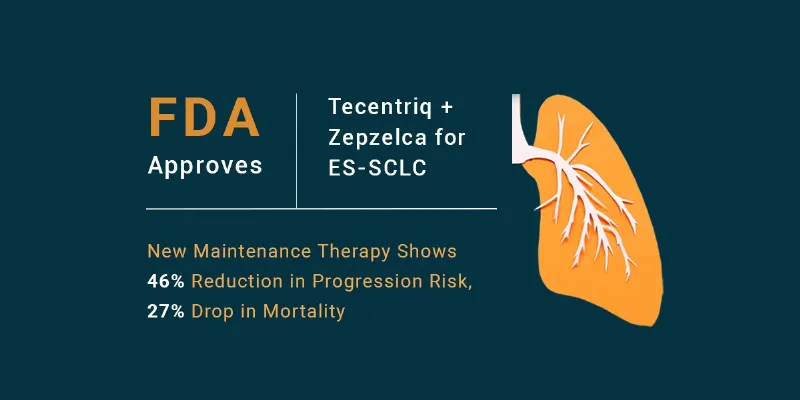
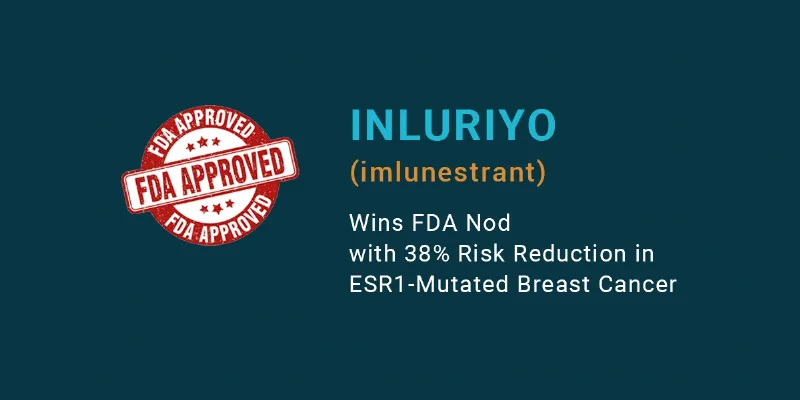
Comments
No Comments Yet!